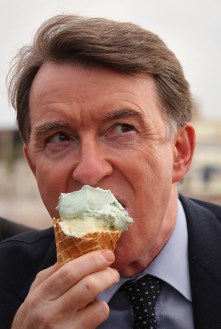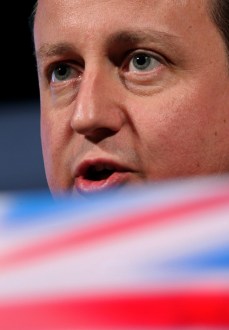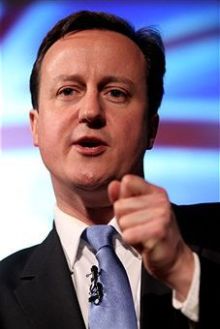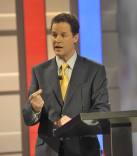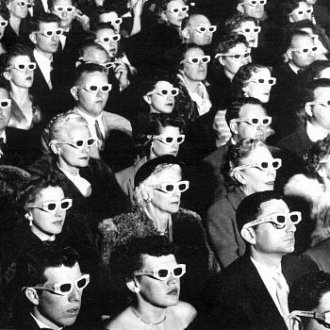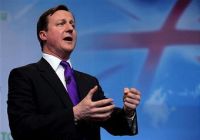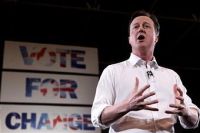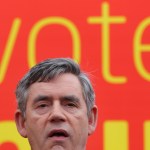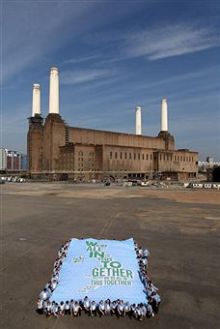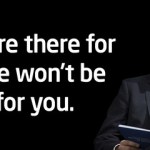Mandelson contra Cameron
So far as the Tories are concerned, Peter Mandelson is the political equivalent of an itch that you can’t scratch: irritating, elusive and impossible to ignore. And he’s at it again today, with an article in the Independent on Sunday chiding the Tories’ over their Big Society agenda. It’s not the “agenda of abandoment” attack that Mandelson made a few days ago. But, rather, a return to the “cross-dressing” territory of last year. As Mandelson puts it, “[Cameron’s] tightly knit group of associates has simply pinched a few ideas from our campaign manual, rather than fundamentally reforming the party to make it fit for office.” And he even tries
